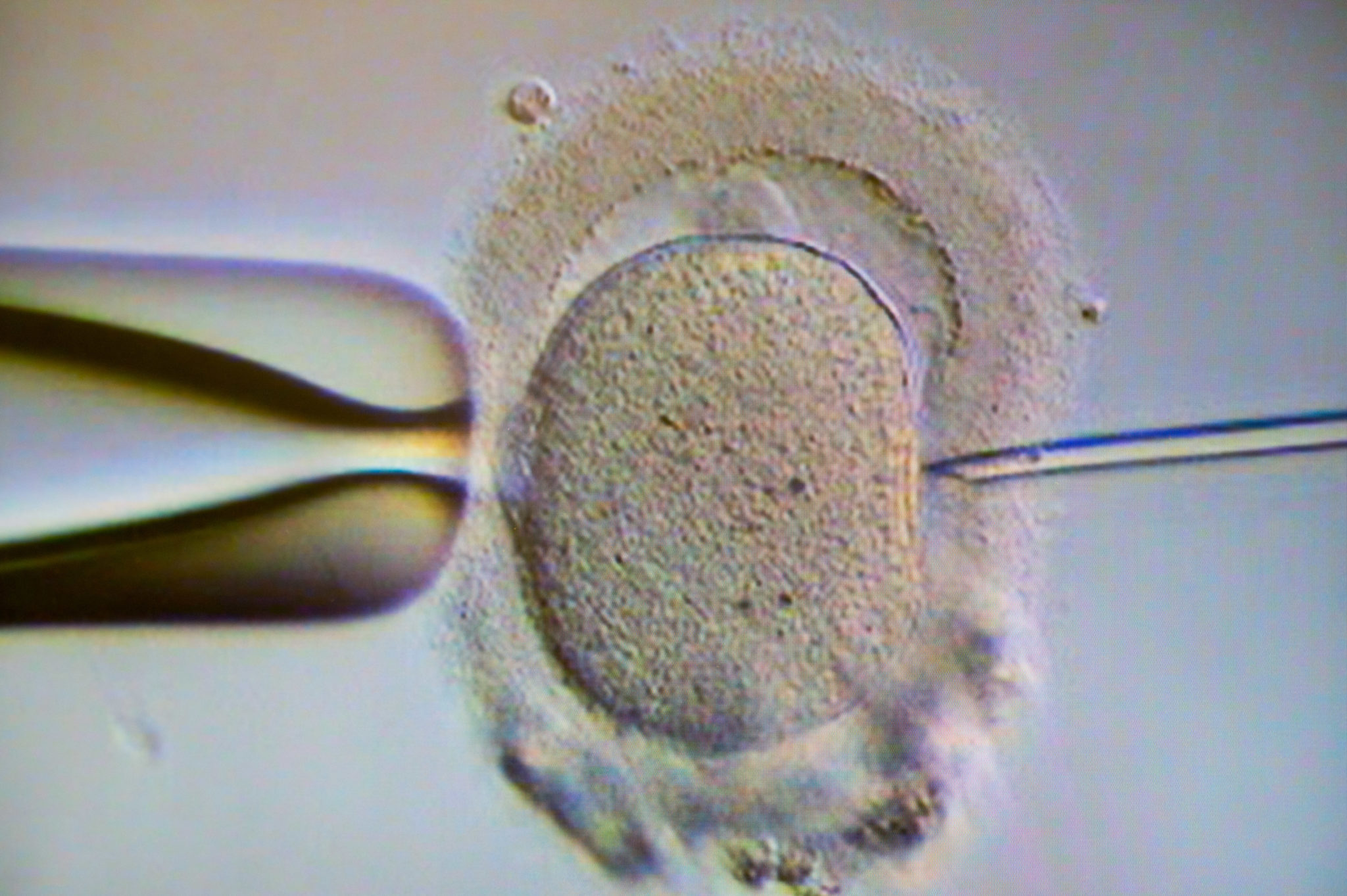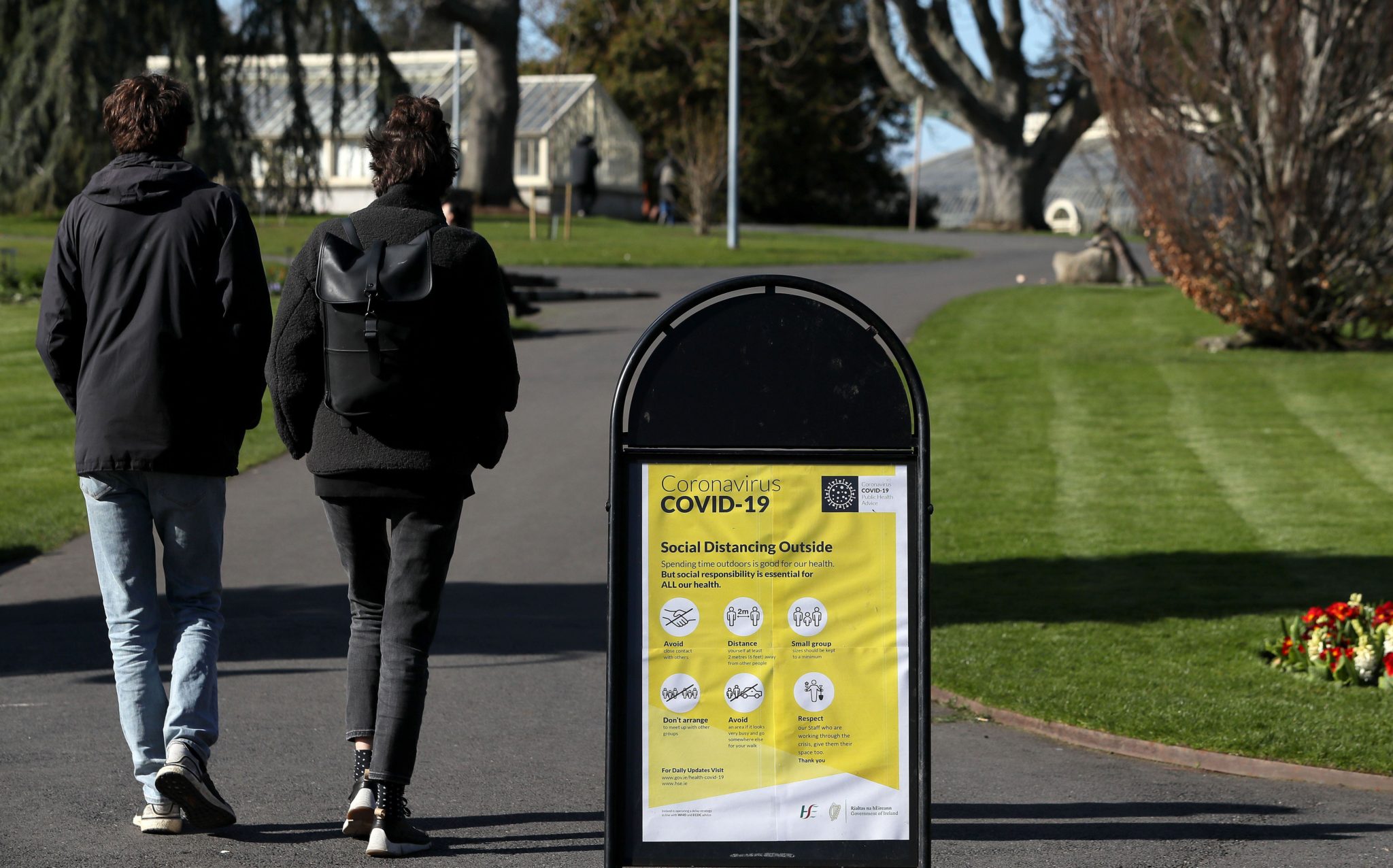Lockdown is likely behind a decline in the quality of men’s sperm, a leading fertility expert has said.
Speaking on The Pat Kenny Show, Manchester University Andrology Professor Allan Pacey said his own work suggests there has been a decline in male fertility - but it is likely only temporary.
He also suggested that society’s focus on sperm count is misjudged and the emphasis should instead be on the quality of a man’s sperm.
“If they’re not moving or they’re not swimming then they’re a bit useless,” he said.
“So, in our latest paper we focused on the number of sperm that were swimming - the swimmers - and that’s an indication of the quality.”
Research has previously suggested that male fertility has dropped off a cliff in recent decades with one Israeli study cloncluding it has halved in the last 40 years; however, this is not a theory Professor Pacey subscribes to.
“It’s hit the headlines, it’s entered our popular culture as an idea,” he said.
“But I actually think the data that that’s based on is a little bit shaky for many, many reasons that we probably don’t have time to go into.
“That is what has prompted us to do this latest study in Denmark.”
 A monitor showing a intracytoplasmic sperm injection (ICSI) at the fertility centre in Germany in 2018. Picture by: Klaus-Dietmar Gabbert/DPA/PA Images
A monitor showing a intracytoplasmic sperm injection (ICSI) at the fertility centre in Germany in 2018. Picture by: Klaus-Dietmar Gabbert/DPA/PA ImagesDenmark is the location of the world’s biggest sperm bank with hundreds of thousands of men making donations every year.
Professor Pacey’s analysis of their data confirmed that sperm quality has indeed declined in recent years.
“They have hundreds of thousands of men going through their books every year,” he said.
“The thing about sperm donors is they’re not worried about their fertility; they’re young men, they haven’t been tested - they’re just interested to be donors.
“It kind of represents a real cross-section of society and when we looked at these men, we found that over a six-year-period, their sperm count hadn’t changed - which is contrary to the theory that’s out there.
“But we did see a decline in their sperm mobility - by as much as 22%.
“Our only working hypothesis at the moment is that the change seemed to happen at around the time of the start of the COVID pandemic.”
 A sign with guidelines on social distancing in the Botanic Gardens, Dublin in March 2020. Picture by: PA Images/Alamy Stock Photo/Brian Lawless
A sign with guidelines on social distancing in the Botanic Gardens, Dublin in March 2020. Picture by: PA Images/Alamy Stock Photo/Brian LawlessOther studies have found COVID had little impact on sperm quality and Professor Pacey said lockdown is more likely to blame.
“In Denmark, the incidence of COVID in the general population was really quite low,” he said.
“But what Denmark did is it locked down in the same way that many other countries did.
“So, our working hypothesis - we can’t prove it - is that it was something to do with our lifestyle change at that point.
“Sitting down, not commuting, maybe eating different things or watching too much Netflix - maybe that was the cause of the decline?”
With lockdown over, Professor Pacey said “perhaps” sperm quality will improve in the years ahead.
In the meantime, he recommended avoiding tight fitting underwear which studies have found reduce sperm quality.
Main image: Couple with a negative pregnancy test. Alamy.com.









